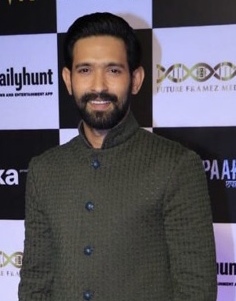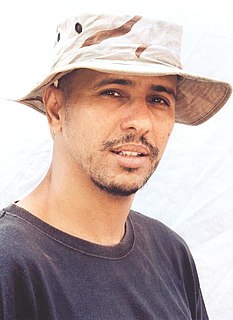A Quote by Roxane Gay
If people cannot be flawed in fiction there's no place left for us to be human.
Related Quotes
Art has a way of confronting us, of reminding us, of engaging us, in what it means to be human, and what it means to be human is to be flawed, is to be contradictory, is to be often weak, and yet despite all of these what we would consider drawbacks, that we're also quite beautiful. Spin is the opposite.
Fiction cannot recite the numbing numbers, but it can be that witness, that memory. A storyteller can attempt to tell the human tale, can make a galaxy out of the chaos, can point to the fact that some people survived even as most people died. And can remind us that the swallows still sing around the smokestacks.
Robin [Williams] was a world treasure. As we mourn his tragic death, we must remember him for the great waves of laughter that he was able to illicit from us, how his humor and insights - though they came from a place of pain and uncertainty - connected us and reminded us of how flawed and fragile...how human we are. How we are capable of moments of inspired transcendence and others of unspeakable despair.
Everything a detainee says is classified. Detainees cannot talk to you. They cannot talk to anyone. They cannot challenge, in a meaningful way, their detention. All that is left is for people who survived Guantanamo Bay to speak for people who are left behind, and speak for those who are in so many Guantanamos, plural, in my part of the world.
Science fiction is a weird category, because it's the only area of fiction I can think of where the story is not of primary importance. Science fiction tends to be more about the science, or the invention of the fantasy world, or the political allegory. When I left science fiction, I said "They're more interested in planets, and I'm interested in people."
We all have weak moments, moments where we lose faith, but it's our flaws, our weaknesses that make us human. Science now performs miracles like the gods of old, creating life from blood cells or bacteria, or a spark of metal. But they're perfect creatures and in that way they couldn't be less human. There are things machines will never do, they cannot possess faith, they cannot commune with God. They cannot appreciate beauty, they cannot create art. If they ever learn these things, they won't have to destroy us, they'll be us.
THE MAGIC AND THE DANGER OF FICTION IS THIS: it allows us to see through other eyes. It takes us to places we have never been, allows us to care about, worry about, laugh with, and cry for people who do not, outside of the story, exist. There are people who think that things that happen in fiction do not really happen. These people are wrong.




































